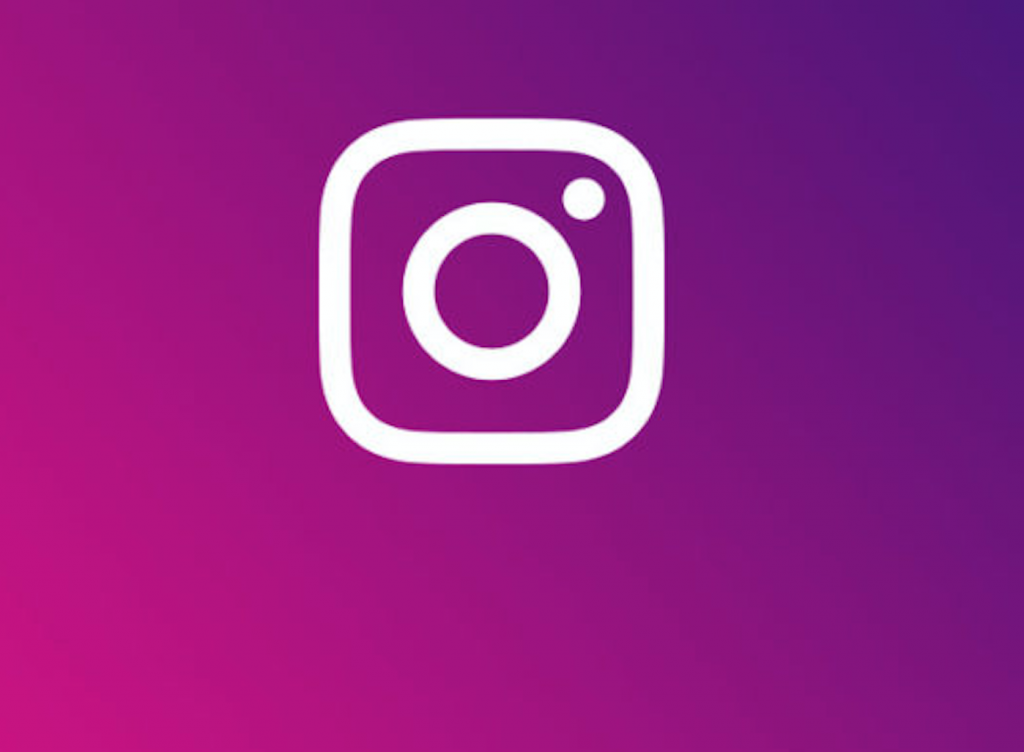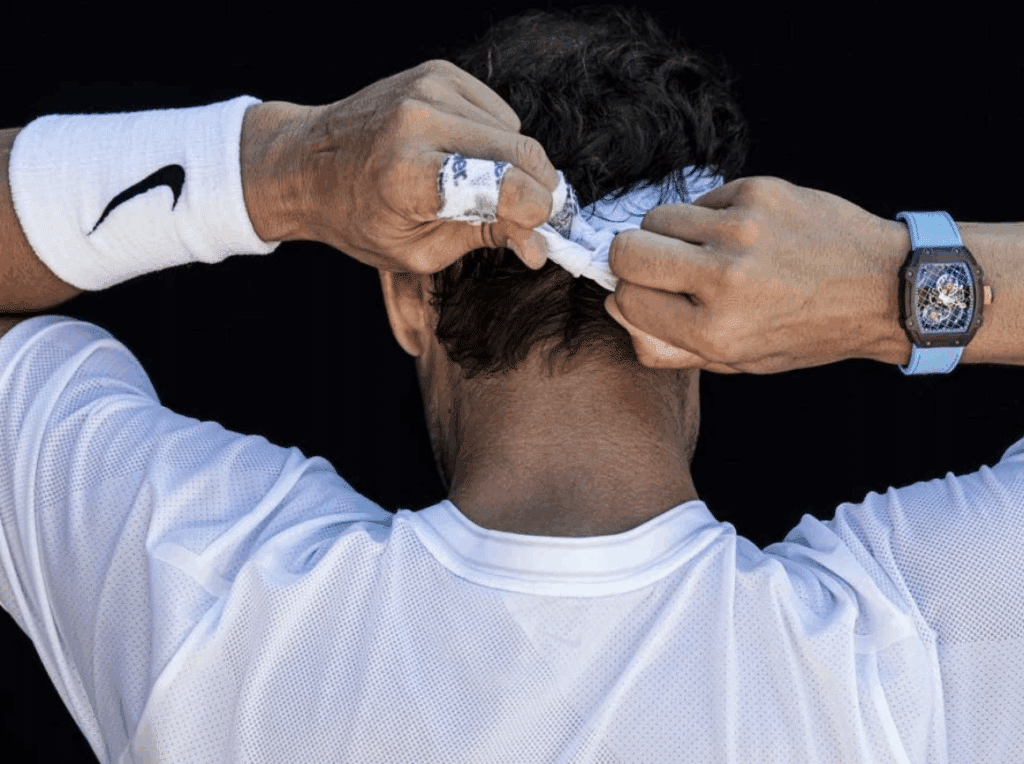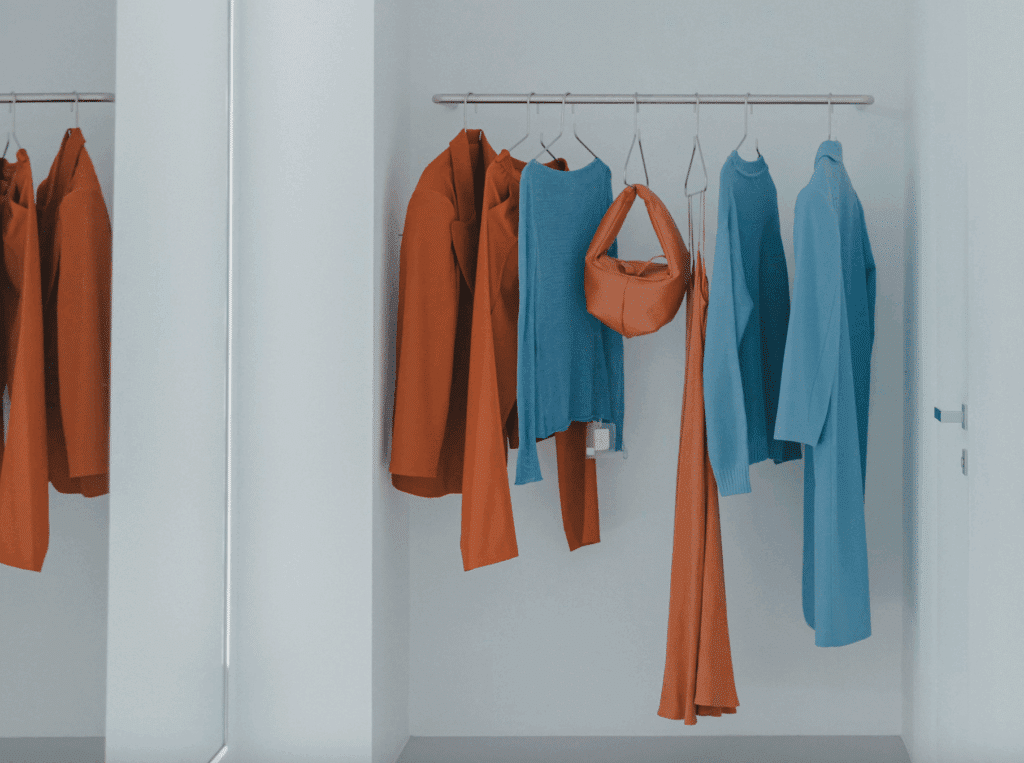Instagram is facing a new lawsuit, one that a couple of photographers says centers on the widely-used photo and video-sharing app’s “scheme to generate substantial revenue for its parent, Facebook, Inc., by encouraging, inducing, and facilitating third parties to commit widespread copyright infringement.” In furtherance of its alleged money-making plot, Alexis Huntley and Matthew Scott Brauer (the “plaintiffs”) claim that Instagram “encourage[ed] third party online publishers [and] others to use the embed tool [on its app] to display copyrighted works without [the necessary] license or permission from the copyright owners,” and in the process, “misled the public” into believing that “anyone was free to get on Instagram and embed copyrighted works from any Instagram account, like eating for free at a buffet table of photos.”
According to the complaint that they filed in a California federal court on May 19, Huntley and Brauer argue that from on July 2013 until June 2020, Instagram misrepresented to the general public – as well as publications, such as BuzzFeed, Time, and Mashable, among others – that “by virtue of simply using [its] embedding tool … that they did not need to obtain a license or permission from the copyright owner [of images posted on the app] to embed those works.” (U.S. copyright law grants the creator of a creative work, such as a photo, a bundle of rights, including the exclusive right to display that work, thereby, generally requiring third parties to license or get the copyright holder’s authorization before making use of such works.)
“This scheme was accomplished by using Instagram’s ‘embedding’ tool to display copyrighted works of Instagram users on third-party publisher websites, thereby vastly extending Instagram’s reach across the Internet, but without appropriately compensating the copyright holders,” the plaintiffs assert. They note that “while Instagram’s terms of use grant Instagram a license to a user’s video and photo content, and the right to sublicense that content to third-party embed users, Instagram has never expressly granted a sublicense to a third party embed user.”
Beyond that, the plaintiffs contend that Instagram “knew or recklessly disregarded that no third party ever obtained a license or permission from Instagram to embed a copyrighted photo or video,” and thus, is “secondarily liable” for each instance in which those online publishers – none of which are named as defendants in the suit – infringed a copyright owner’s display right by way of “the unauthorized embedding of [such] photos from the user’s Instagram post.”
And at the same time, Huntley and Brauer assert that Instagram “regularly and systematically handled, controlled, made reference to, and touched valuable copyrighted works with the intent and knowledge that third party online publishers were embedding those works without ever obtaining a license from the copyright owner, which in turn generated more traffic, more clicks, more likes, more shares, and other revenue-generating conduct for Instagram born out of the infringing activity of third parties.” This was the point of Instagram’s alleged activity, per the plaintiffs, who argue that the case centers on “Instagram’s scheme to generate substantial revenue for its parent, Facebook, Inc., by encouraging, inducing, and facilitating third parties to commit widespread copyright infringement.”
This alleged ploy played out until last year when things “dramatically changed.” In June 2020, the plaintiffs state that Instagram “publicly admitted via a Facebook spokesperson that third parties, in fact, needed to secure a license or permission from the copyright holders to embed copyrighted works.” In making such an “admission,” Brauer and Huntley – the latter of which claims that BuzzFeed, Inc. embedded “a copyrighted photo from her Instagram account into a BuzzFeed post about the 2020 George Floyd protests without her permission or a license” – argue that “Instagram has been caught red-handed in its scheme to usurp the value from copyrighted works for its own benefit.” In doing so, the social media company contradicted its 2012 “promise not to sell and monetize copyright owner’s photos and videos to third parties.”
“To make matters even more problematic for copyright owners who published their photos and videos on Instagram,” the plaintiffs contend that “Instagram did not provide any tool, device or meaningful way for copyright owners to control or track third party embeds of their Instagram posts, thereby depriving copyright owners of the ability to discover alleged infringements,” while it “shopped certain user content to online publishers for embedding,” and retained “100 percent of the benefit and/or revenue from the infringing activity of third-party embedders – of which [it] had actual and/or constructive knowledge.”
With the foregoing in mind, Huntley and Brauer set out claims of inducement of copyright infringement, contributory copyright infringement, and vicarious copyright infringement against Instagram LLC. In addition, to seeking monetary damages, a disgorgement of “all profits derived by [Instagram] that were illegally obtained as a result of the conduct alleged herein,” and injunction relief, among other remedies, they are seeking certification of their proposed class action case to enable “potentially many thousands” of other Instagram users to join in the case if their rights have been infringed as a result of Instagram’s alleged embedding scheme.
The case is Alexis Huntley and Matthew Scott Brauer v. Instagram, LLC, 3:21-cv-03778 (N.D. Cal.)














